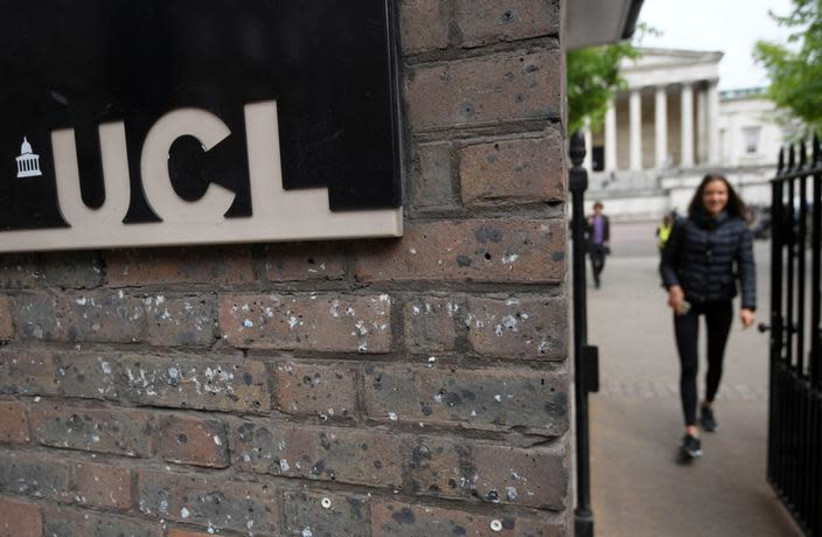Three minutes of looking into a deep red light in the morning once per week can improve declining eyesight, according to researchers from University College London.
The study, published last month in Scientific Reports, said that red light exposure triggered energy-producing mitochondria cells, boosting naturally-declining vision.
Researchers concluded that participants' color contrast vision improved by about 17% after their eyes were exposed to red light. The effects of the exposure lasted for approximately one week.
Scientists note that the time of day when exposing the eye to red light makes a significant difference, as no improvement of any kind was reportedly seen when exposing the eye to red light during the afternoon.
All 20 participants in the study, 13 women and 7 men between the ages of 34 and 70, reported their eye health history prior to the testing, and all had normal color vision.

They were all exposed to three minutes of 670nm deep red light from between 8 and 9 a.m. They were tested again three hours later and half of the participants were tested for a third time one week later.
The retina in the eye begins to age in people around 40 years old, which is when the cells' mitochondria also begin to decline. While on average, there was a 17% improvement in color vision, among older participants there was an increase to 20% improvement.
